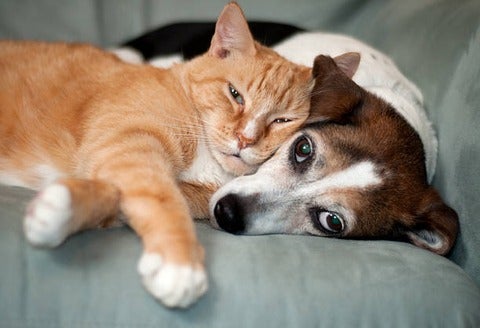Featured Resource - ConnexOntario
, ConnexOntario offers assistance via phone (1‑866‑531‑2600), text (“CONNEX” to 247247), online chat or email, staffed by trained professionals who listen with compassion and guide callers toward local treatment programs, counselling, crisis intervention and more.






